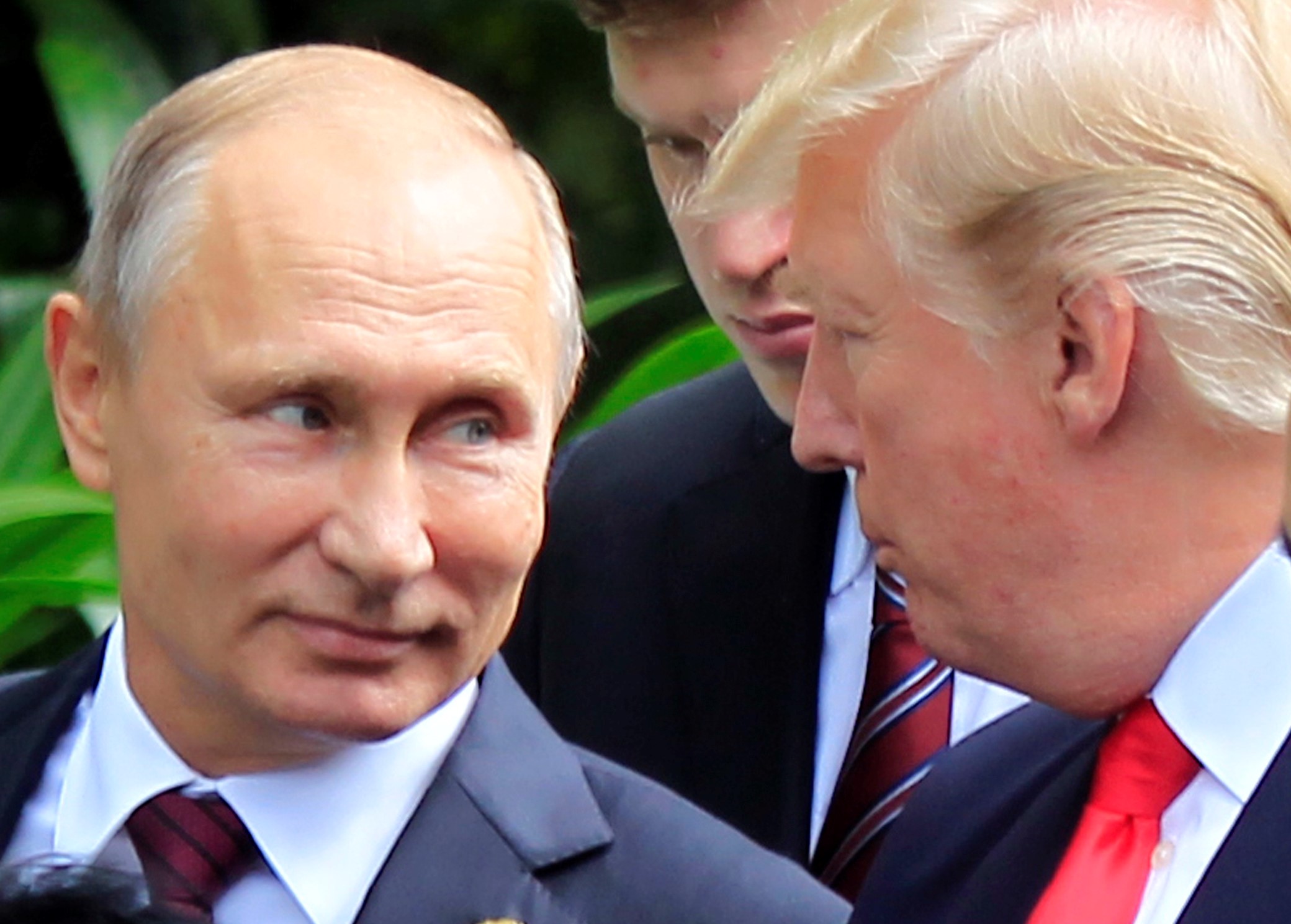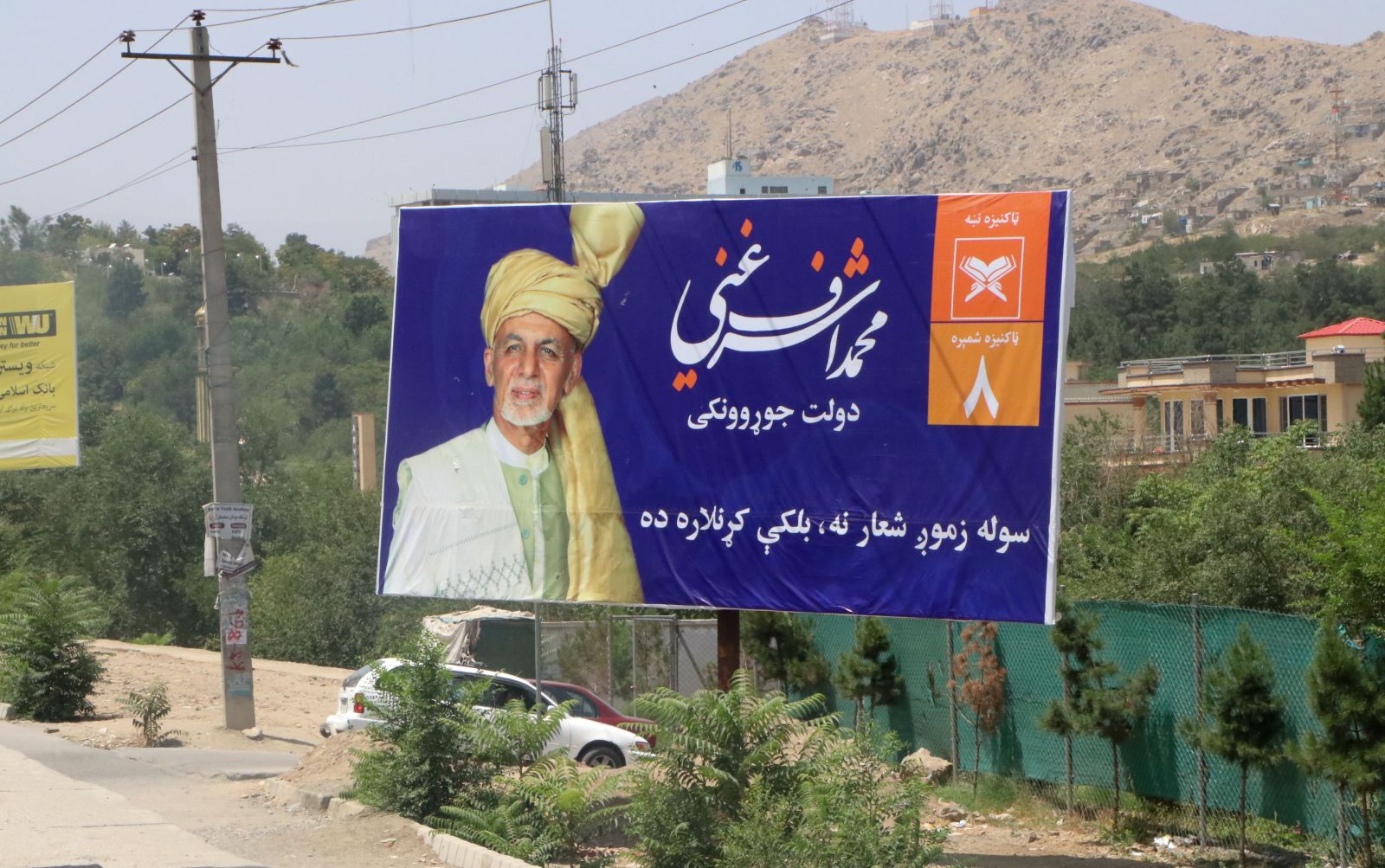Blog
Why Theresa May could never negotiate a better Brexit deal
The real problem is neither that the agreement she struck with the European Commission leaves the UK in a less influential position than it had been as an EU member, nor that the European Commission is not prepared to renegotiate it. The real problem is that no deal imaginable would have led to a result that would have put Britain in a stronger position.
Brexiteers keep pretending that a more determined British government could have made the EU agree to a deal that would allow the UK to enjoy all the benefits of membership without suffering any of the disadvantages of membership. Boris Johnson, the Brexiteer who served as May’s foreign secretary for about 2 years, famously acknowledged that his policy on cake was “pro having and pro eating”. The plain truth is that this proposition was always impossible, and that people like Johnson were always aware of it. There really are three options:
- Britain stays a full-fledged member of the EU.
- Some kind of compromise means that Britain enjoys some benefits of EU membership, but no longer has a say in defining EU rules.
- Britain leaves the EU entirely, disrupting the value chains that link the Britisch economy to those of its neigbouring countries. Brexiteers now like to call this hard break a "clean" break, but in actualy fact, it would be very messy.
Whether we like it or not, we live in an era of globalisation. The reason is that the great challenges humankind must rise to do not respect national borders and cannot be dealt with by national governments acting on their own. Relevant issues include trade, which affects the flows of goods, finance, data and people. Other relevant issues are climate change, peace, infectious diseases and organised crime. This list goes on.
To solve big international problems, we increasingly need big international solutions. Adopting them means that national governments have to give up some of their sovereign power. Doing so reduces their control of their country to some extent, but in exchange, they get a say in how the important matters are regulated in other countries. In truth, they are not surrendering, but pooling sovereignty. While reducing their domestic power, they are expanding their international influence.
This is basically what the EU is about. In recent decades, the UK was one of its most influential members. British governments promoted the establishment of the single market as well as fast EU expansion in Eastern Europe. They understood that large markets generally offer more opportunities than small ones, and that harmonised rules are needed to merge several small markets into a large single one. Conservative prime ministers – Margaret Thatcher, John Major and David Cameron - accepted that shared institutions and joint policymaking were needed. May knows this too, after all she supported the remain side in the referendum.
Consecutive British governments, however, have failed to convince the British public of these necessities. Since the early 1990s, Euro sceptics have managed to increasingly discredit the EU in Britain. They gained evermore influence in the Conservative party. Before the Brexit referendum in June 2016, its right wing and the nationalist UK Independence Party claimed that Britain had much to gain from leaving the EU because:
- it would be easy to secure all benefits of EU membership in negotiations since the EU would be keen to maintain unlimited access to Britain’s markets, and
- the UK would be able to conclude many new promising trade agreements with partners around the world without having to comply with EU regulations anymore.
May became Prime Minister soon after the referendum. She did her best to fulfil the Brexiteers’ vision. To sober observers, it was no surprise that she failed. She had to fail. The Brexiteers’ vision was unrealistic right from the start. In the Brexit negotiations, “London” and “Brussels” were never going to be equal partners. The British government represents one country, but the European Commission represents 27. The UK is one of the world’s bigger economies, but only the EU’s second biggest, and the EU’s combined economy is of a much, much larger scale.
It takes a lot of post-imperial hubris to believe that London could tell the continent how things will be run. The EU does not take orders from any single nation. And no, EU governments were never prepared to let May - or any other British politician for that matter - play a game of divide and rule.
For good reason, most Britons and evidently the majority of the members of parliament find any compromise unattractive if it includes adhering to rules the EU defines. That means there are only two radical options. Britain can either stay a EU member, pooling sovereignty with the other members, or it can leave and give up all the benefits that go along with membership. These benefits include access not only to the single market, but also to all kinds of decision-making concerning the single market. Any kind of compromise between leaving and staying affiliated, which is what May is striving for, will only result in Britain becoming rule taker.
That was obvious from the start. The issue of the Irish border, however, makes things even more complicated. No party wants a hard border there, neither the Republicc of Ireland, nor the UK, nor the EU. The Good Friday agreement that brought peace to Northern Ireland is based on both the UK and the Republic of Ireland being EU members. Within the single market, a hard border was no longer needed. Moreover, regional planning was geared to building coherent regional infrastructures. Reintroducing a hard border would put fragile peace at risk. Brexiteers have not proposed any serious solution. That is bizarre because IRA terrorism affected the entire UK, and not only Northern Ireland. Bombs and bomb threats all too often disrupted daily life in London.
Brexit-promoting politicians have never told voters that a nation's border are not simply its own. That may be hard for an island nation to understand, but Brits are certainly intelligent enough to understand that land borders are always shared. The Irish border belongs to the UK and the Republic of Ireland. Border management is either shared - or both sides take control, ending openness on both sides. May cannot possibly rise to the challenge of negotiating a solution in which the border is managed exclusively in the way the Brexiteers prefer. Others have a say in the matter too.
The turmoil British politics has been going through since the referendum is not May’s fault. She was dealt impossible hand. It is the result of irresponsible politics and very sloppy media coverage. Too many British journalists filled too much space with unrealistic fantasies. Too few news organisations stuck to fact-based reporting. The idea of sovereignty they have been promoting was totally one-sided. They could and should have done better. The sober warnings expressed by the Financial Times, the Guardian or the Economist were not enough to stem the tide of disinformation.
P.S.: It's worth mentioning that the agreement that the May government struck with the European Commission is not meant to be the permanent solution. It is a temporary compromise that is only supposed to last until a permanent trade deal is struck. The British government and the Commission will thus have to go back to square one. The issue will again be what shared rules Britain will accept to get (and grant) market access. Nothing will change about trade-offs concerning either defining national rules or playing along with supra-national ones. If Britain wants to shape supra-national rules, EU membership will always be the best option.











